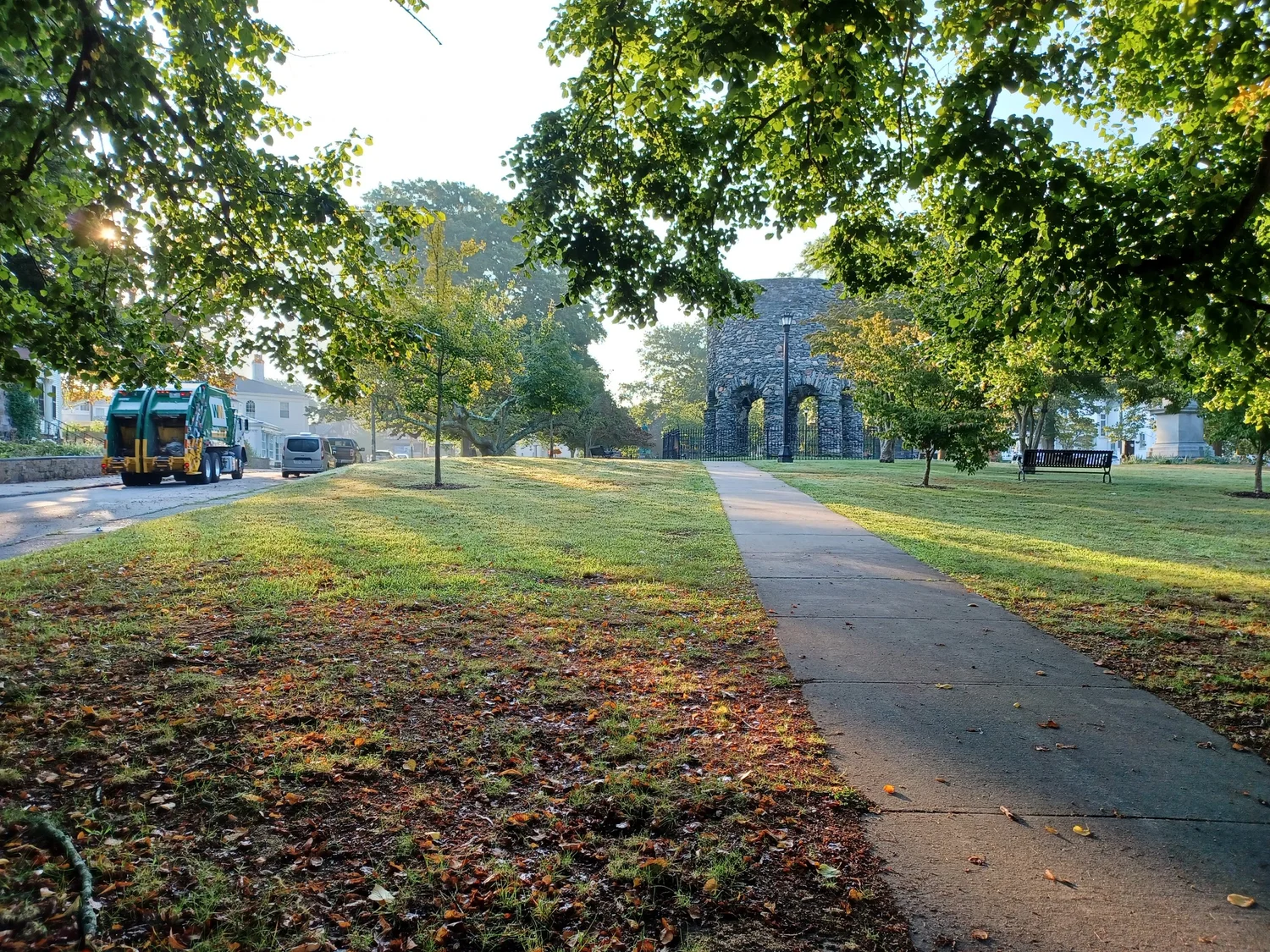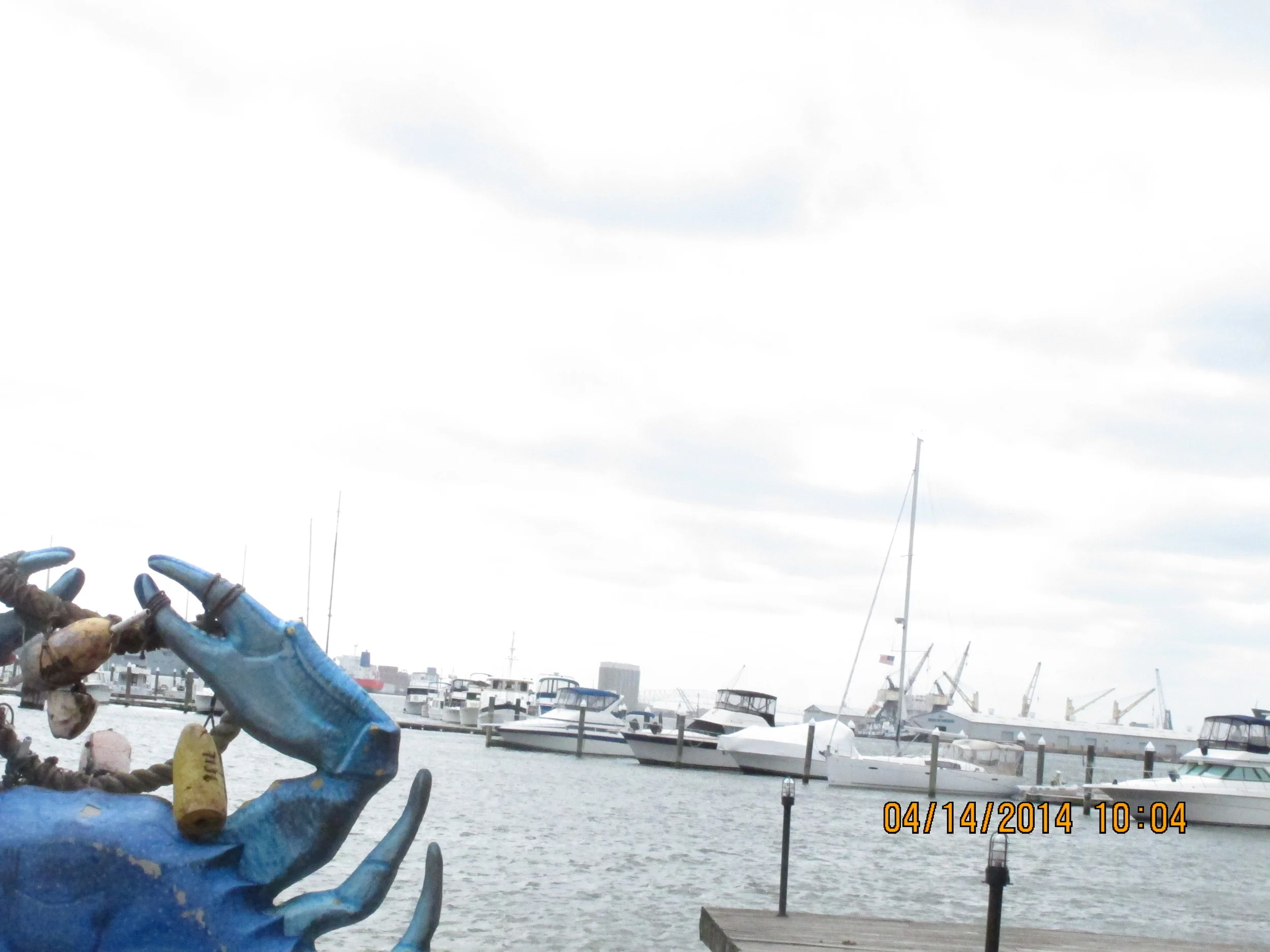I had the surreal experience yesterday of drinking velvet-smooth espresso and cold brew to match, on a Modernist table, with service by someone in an Australian accent. These usually land me in the sea of signifiers of a "frontier" neighborhood just becoming unaffordable. But this time they found me in the tweedy neighborhood where I grew up. It's surreal to begin with to consume so much carefully harvested coffee in a carefree spending habit. But this neighborhood, Manhattan's Upper East Side, looked like a refraction of itself. This was Manhattan's "safe" neighborhood when I was a kid, while industrial zones of Brooklyn and Queens registered for me like soundstages for the urban horror movies my parents wouldn't let me see.
Wake up in 2016- former industrial zones have become prime ground for real-estate investors. Big quick glassy towers rose there in the past few years, with the result that renters no longer can afford the numinous "edge" of these coasts. And they make their way to the six-story walkups of the neighborhood where I grew up safe. And coffee vendors open branches where these renters land. On one front, it's the least remarkable "trend" story you could brew.
Look deeper in the cup, though, and you see some patterns that can cause jitters. (And that's plenty of coffee puns, for today anyway.)
We participants in the market for land, such as it is, have sanctioned a pattern of marking territory in New York. A lease to an espresso bar, a pilates studio, a food store selling "essentials" like sriracha and salmon- these show a place caters to folks whose income either will grow geometrically in the near future or doesn't need to grow at all. No disdain for those goodies or their vendors comes with that observation. But neither does a sense that a neighborhood's full breadth, or anything like its potential social strength, plays out in its commercial changes. Developers and owners look for income security- which comes from promising lifestyle security.
Somewhere in there a chance for neighbors to meet and build something that enriches everyone's health turns to steam. (Oops. That's a metaphor, not a pun.) Drinking coffee in a neighborhood that bored me as a teen excited me because it reminded me how human work can change the city's stock of services. But the excitement faded. It would have stayed if I'd found a workshop teaching kids art or coding, or a space like the Lower East SIde Girls' Club, or some hint that the mix of aging German-speakers and faithful Silk Stocking dwellers and newcomers were finding ways to work together on coastal design or street cleanup or programs for youth.
They may be doing all these things, or they may yet. (The espresso's smooth enough that I will come back alert.) But the visit reminded me that neighborhoods change thinly when they become cool. They risk becoming brittle if that's all they become.
And with more heat waves, floods and cracking infrastructure on the way, they need to become fuller of skills, lines of communication and open exchange. The market can recoup human investment in these things- even if it takes a little while to steep.
That pun seemed worth going out on a sweet note.

